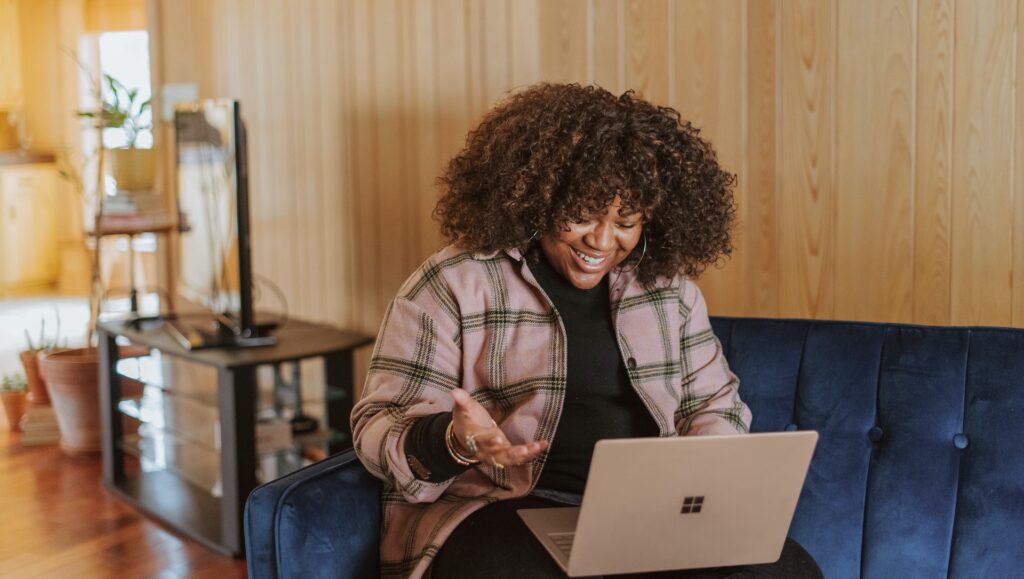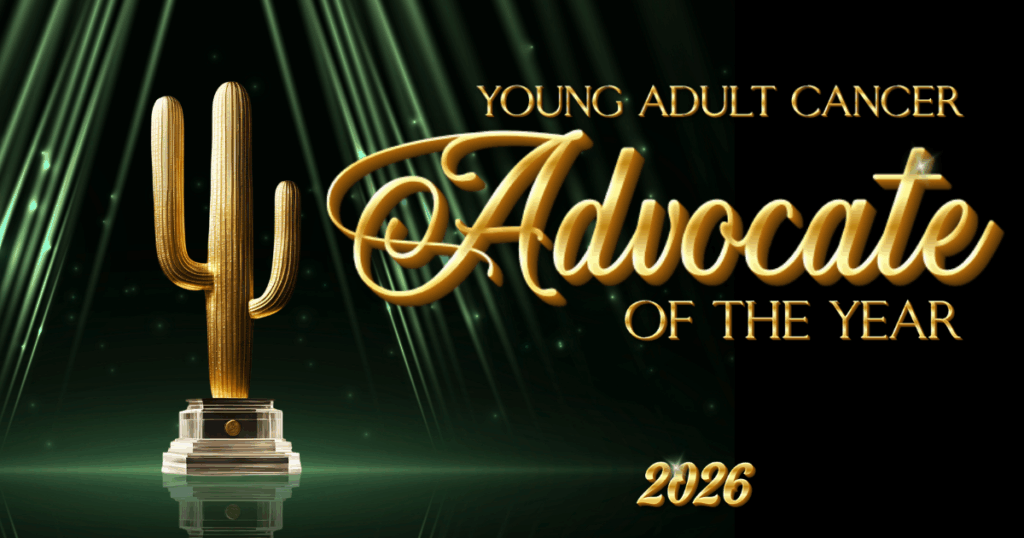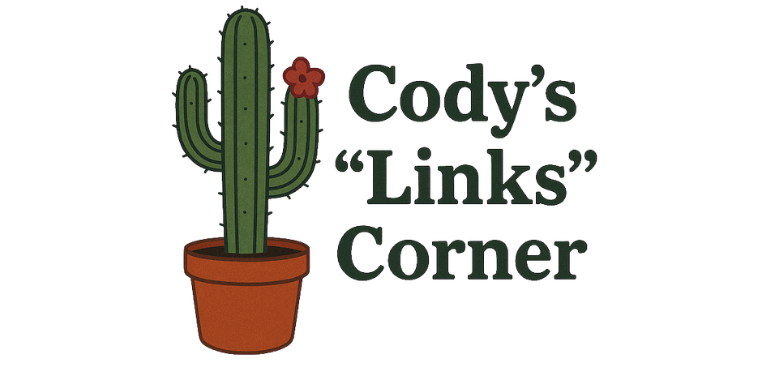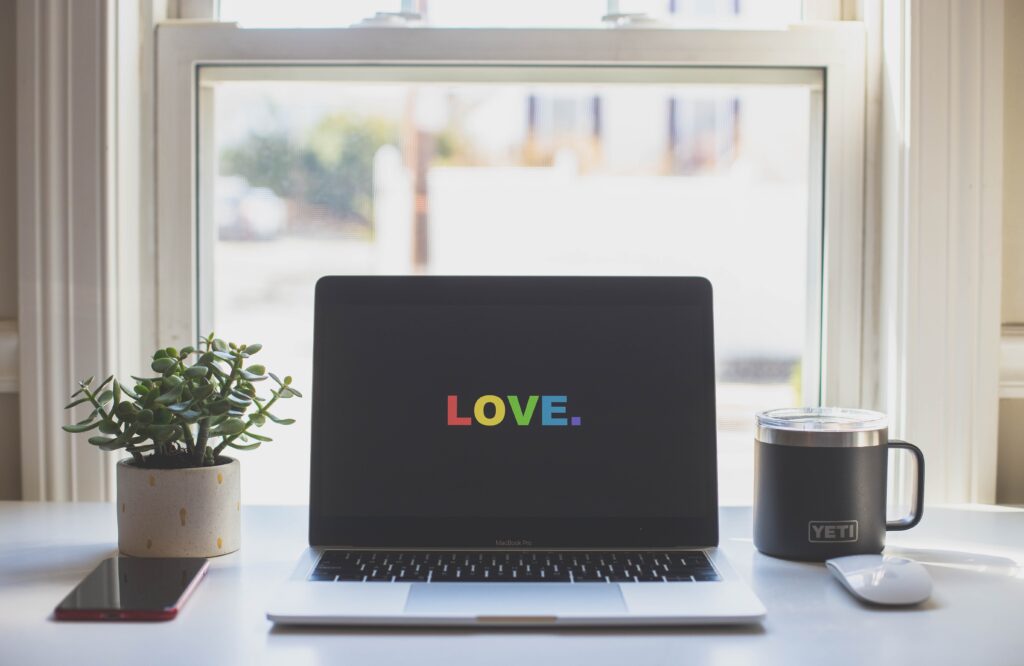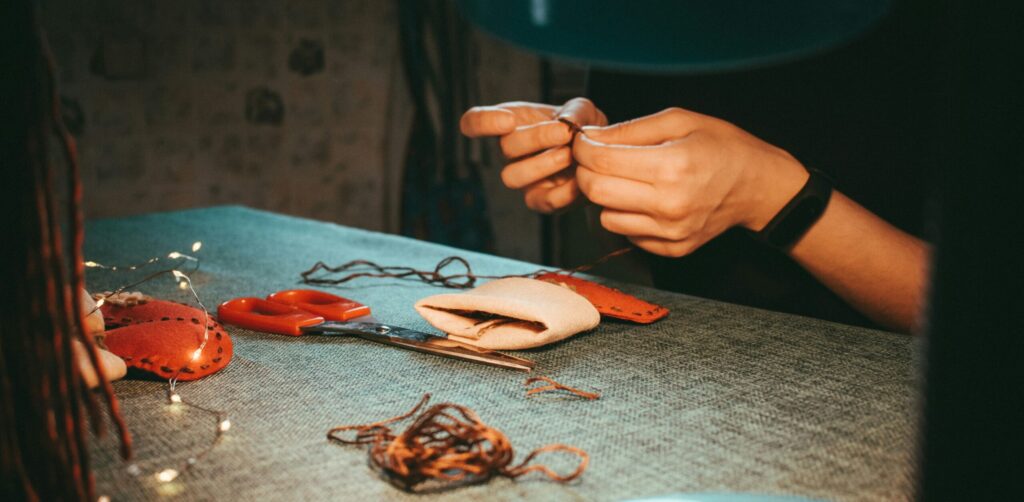When I was first diagnosed with cancer, I was 24, my mother had just died, and I lived in the middle of the cornfields. I lived in a big college town in otherwise rural America, where the corn festival was a local tradition, and college football took over the fall landscape. I’d never heard of Hodgkin’s Lymphoma before, I didn’t know I was considered a ‘young adult’ cancer survivor, and I had no idea why my life was refusing to fit back into its pre-cancer mold.
“Maybe,” I thought, “once treatments are done, I’ll be good to go. Back to the grindstone.” Maybe.
So I waited, as one does, all the way through treatments and then through that 6-week period of time afterwards when I was scanned yet again and was finally labeled NED (No evidence of disease). One big fat waiting game.
But a day went by after my label of NED and I didn’t feel back to my old self. Then a week, and then a month, and then the whole summer. Old Mallory would have spent Wednesday night out salsa dancing and would have had an early start in the lab on Thursday morning. Maybe Thursday night, she’d stay up late, getting some results ready for the lab meeting on Friday morning. She’d wake up early on Friday to make sure she had time to iron her shirt, have some coffee and breakfast, and grab the keys for the meeting room from an admin. Saturday, she’d go for a long run and then make a big batch of pancakes with a friend. Old Mallory was fun and witty and had no need for sleep. Sleep could happen after that late night in the lab, that evening spent salsa dancing, that get together with a group of girls and a few bottles of wine.
A year went by of this waiting. Waiting to feel normal and back to my old self. I was frustrated and mad and had trouble accepting this new person who needed sleep and boundaries and at least an hour’s warning before heading out for an activity. She was higher maintenance, quick to suggest an evening in, and frightened of everything. Who was this imposter who had taken over my body? My friends tried to understand, but with nothing in their health repertoire even close to cancer, there were things they just couldn’t connect with. I tried to find support but there wasn’t any nearby. The local cancer hospital hosted no support group for anyone under 40 dealing with cancer and the cancer support organizations in abundance around the country did not have a location near me.
Finally, I gave in. I left graduate school, I started therapy, and I tried so hard to love this new person. I Googled and found the phrase ‘young adult cancer’ and learned that my issues were unique to my age group but not to my individual person…there were 70,000 other young adults diagnosed the same year I was. More importantly, lacking any other local way to meet other young adults facing cancer, I started a blog to find them. Over the next year I had hundreds of conversations with survivors from all over the world. When I skyped one evening with my very first cancer friend, a woman from Australia, we talked for several hours about cancer and life and scars and fatigue and everything in between. I’d never felt more seen in my new body, as this new person, as I did in front of this stranger from across the world.
My story is not unique in its isolation, in its unfamiliarity with how to deal with cancer. Young adult cancer survivors are an under-researched, under-cared for patient population and they are not surviving cancer in the same rates as those diagnosed at a younger or older age. Young adults can often go an entire treatment regime without meeting another person their age who has also faced cancer and this isolation has been shown to impact quality of life and overall wellbeing.
Offering survivorship care, going beyond the clinical walls, beyond the cure and helping these young adults thrive after cancer is vital. Survival is insufficient. Young adults require connection to one another, peers to validate their concerns, and a safe place to process what has happened. And most importantly, they need these things delivered in an easily accessible, age-appropriate way.
Meeting other young adults who have faced cancer in-person is ideal but what if that isn’t possible? What about those young adult cancer survivors who are isolated, inpatient in the hospital following a bone marrow transplant? What about those young adult cancer survivors living rurally and potentially hundreds of miles from the nearest cancer center? What about those young adult cancer survivors treated at a hospital where there is no recognition of young adult and therefore no age-appropriate resources? In these situations, and countless others, in order to remove financial, geographic, and medical barriers to survivorship care, offering supportive programming online is imperative. In these situations, online communities can offer that much needed connection to someone who understands what a survivor is facing.
It is not enough to just survive cancer. Through an online community and online programs, young adult cancer survivors can connect with one another, validate one another’s concerns, and thereby reclaim their post-cancer lives alongside those who understand. They can regain control over their lives post-cancer and thrive. This is the right of every young adult cancer survivor and online communities and programs can make this a reality.
This piece was originally published by Elephants and Tea, and was written by our very own Mallory Casperson. All of the posts written for Elephants and Tea are contributed by patients, survivors, caregivers, and loved ones dealing with cancer.



